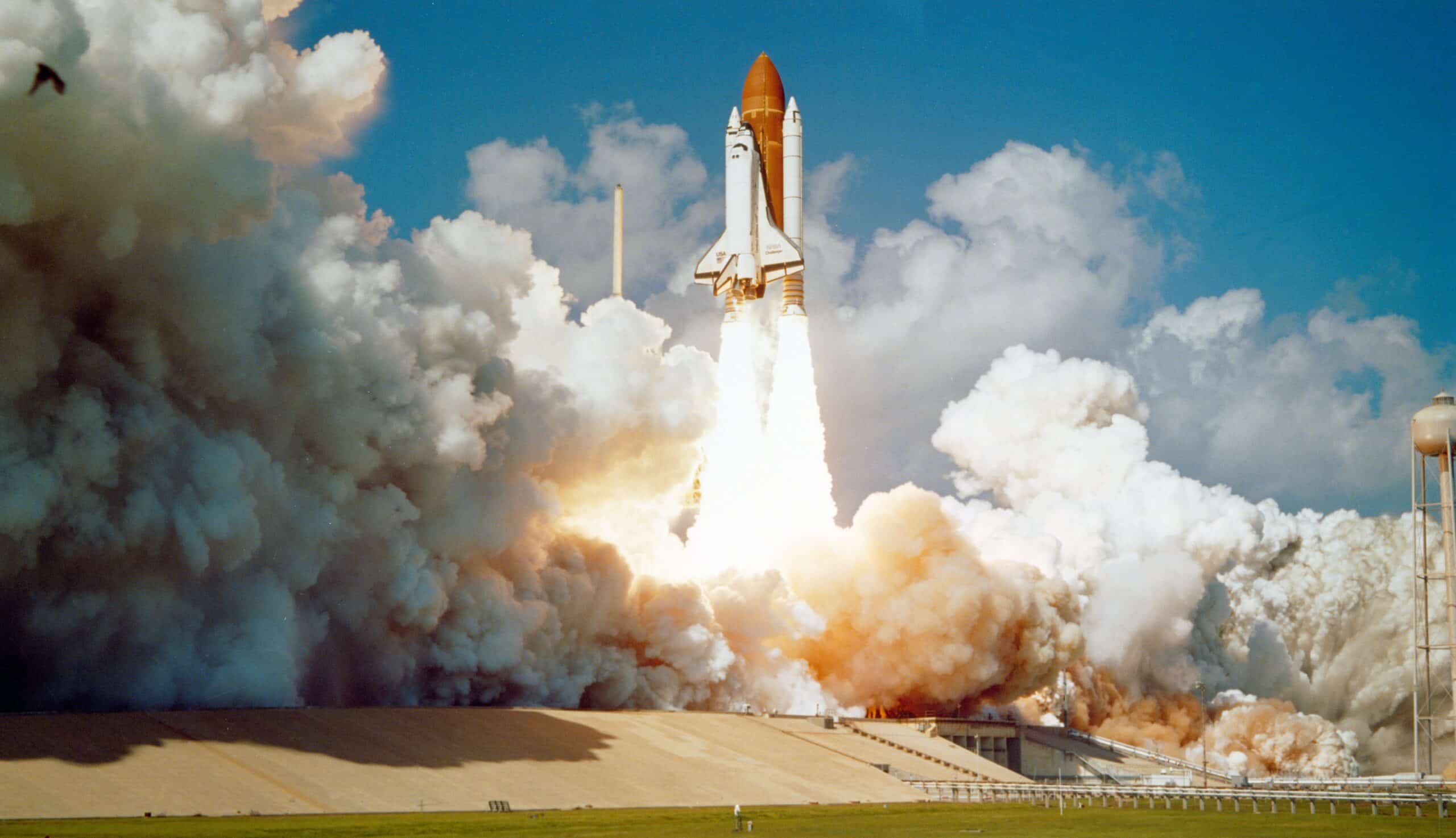(Posted June 2023)
I took an astronomy course as an elective in university. I thought it would be a bird course. It definitely was not. It was more about the calculus and physics involved in orbital rotation than about spotting the Big Dipper on a clear night. I suffered through it, crammed the technical for the final exam, and passed the course.
Much to my dismay, passing that astronomy course did not make me an astronaut. Astronauts do not just have to know a lot of stuff; they must be able to do a lot of stuff. Under pressure. But what does this have to do with the CFE? Simply put, the CFE does not test what you know; rather, it tests what you can do with that knowledge.
The fancy term for this kind of testing is “competency-referenced evaluation.” To wrap your head around it, picture a Venn diagram in your mind. The first circle represents technical knowledge, and the second circle represents skills. The overlapping area represents competency and that is the piece that the CFE measures.
Here is a bit of good news: you are already familiar with the technical. You would not be eligible to write the CFE if you had not passed all the knowledge-based pre-requisites. Your vulnerability related to passing the CFE is your case-writing skills.
The Densmore CFE Prep course focuses on case-writing skills for this reason. You have already learned the technical. You do not need us to teach it to you. Is your technical knowledge as sharp as it once was? Heck no! It is likely very rusty. But the best way to knock the rust off is by writing, marking, and debriefing practice cases thoroughly.
I can guess what you are probably thinking. You have been an academic success so far by pulling all-nighters while fueling yourself with a volatile mixture of caffeinated energy drinks and potato chips, or a chocolate bar if you have a sweet tooth, cramming as much information into your brain as it can hold and then forgetting it the day after the exam.
That “binge and purge” technical study strategy will not work on the CFE. You will burn out like a shooting star. Your CFE study process must be more of a slow burn to launch your career as a CPA into orbit (see how I was able to come back to the astronomy analogy).
You have to manage your resources during the CFE study process, and your scarcest resource is your time. In addition to studying, you have obligations to your employer, your family, and your loved ones. You will also need time for self-care. If you do not nurture your physical and mental health, you will be in no shape for your CFE mission.
By the way, there is no greater waste of time than studying something that you already know. But how do you know what you know and what you do not know? Simple: by writing, marking, and debriefing practice cases thoroughly. You will gain confidence in what you know and knock the rust off the technical knowledge that you have learned but misplaced in the recesses of your mind.
Here is another fancy term for you. This process is “experiential learning,” sometimes called “learning by doing.” It is much more effective than cramming because it is relatable to a practical experience. No more forgetting it the next day; it will be locked in the vault.
To help you warm up, our CFE Prep courses include skill drills that help you apply knowledge to short scenarios. Then, during our face-to-face and online sessions, you will be introduced to our CFE approaches for each day. You will learn how to mark and debrief cases and you will receive feedback from professional markers on the cases that you submit to us for marking.
And then it is on to astronaut training. If you have ever watched the films Apollo 13 or Gravity, you know that bad things sometimes happen to good people. The same thing can happen to you during the CFE. Something will come at you out of the blue and you will have to adapt. Quickly. Under extreme pressure. Our sessions on defensive writing techniques and stress management will be invaluable.
Let me wrap up with a couple of fun facts:
- There are over 200,000 Canadian CPAs
- Only 12 human beings have walked on the Moon
I like your odds!




